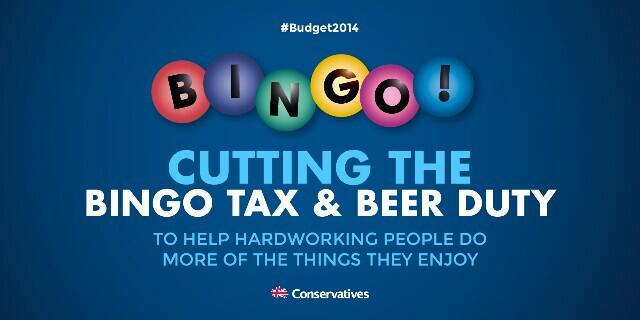The verb disappear is normally what we call 'intransitive', which means that it has one participant: the person who disappears. Like this:
The leftovers disappeared.
If anything follows the word disappear, it's either some extra optional information, or it's a continuation of the discourse and the 'disappear' phrase is done:
The leftovers disappeared overnight.
The leftovers disappeared, which I'm very annoyed about because I was going to have them for lunch today.
If we want to talk about more than one participant, like if we have both the thing that disappears and also someone who causes the disappearing to happen, we have to add in another word, make:
The kitchen staff made the leftovers disappear.
English being the flexible language that it is, you can find examples of 'transitive' disappear, which is when we just put the two participants of the action right there with the verb:
VICE has disappeared the post from its website (from M-W)
But English also being the kind of language that doesn't like redundancy (this is all languages tbh), because we already have a way of doing this with make, the 'cause to disappear' meaning takes on a more specialist meaning than the other one, so that they are distinct in their function as well as their form. Content warning now for examples relating to war and dictatorships. Here's some more examples from Merriam-Webster:
Her son was disappeared during Argentina's so-called Dirty War.
Under his repressive regime, tens of thousands of Chileans were 'disappeared', tortured and killed.
It [Nineteen Eighty-Four] imagines a secretive regime that surveils its people and polices even their thoughts, disappearing anyone who rebels against the order.
It has taken on this specialised meaning of the imprisonment or killing of political dissidents.
Perhaps, if you're paying close attention, you might notice that only the last one actually has two participants mentioned: the 'secretive regime' and 'anyone who rebels'. The others only mention the person who disappeared. But here we have an exception that proves the rule, because these are passive sentences (He was disappeared vs The government disappeared him). You can only make a passive sentence with a transitive verb, because to do so you need to promote the object (the thing the verb happens to) to be the subject of the sentence:
I (subject) ate the leftovers (object).
The leftovers were eaten.
You can't do it with a sentence with only one participant to begin with, because then there's no object to promote. Or, if you prefer, you can, but by doing so you're adding in another understood participant:
Not passive, one participant: The boat sank (perhaps with no particular cause).
Passive: The boat was sunk (by someone in particular, though we aren't told who).
While it is true to say that the political dissidents disappeared, it is more informative to say that they were disappeared, because it informs us of the involvement of a third party who deliberately caused this 'disappearance'.






